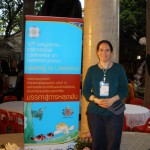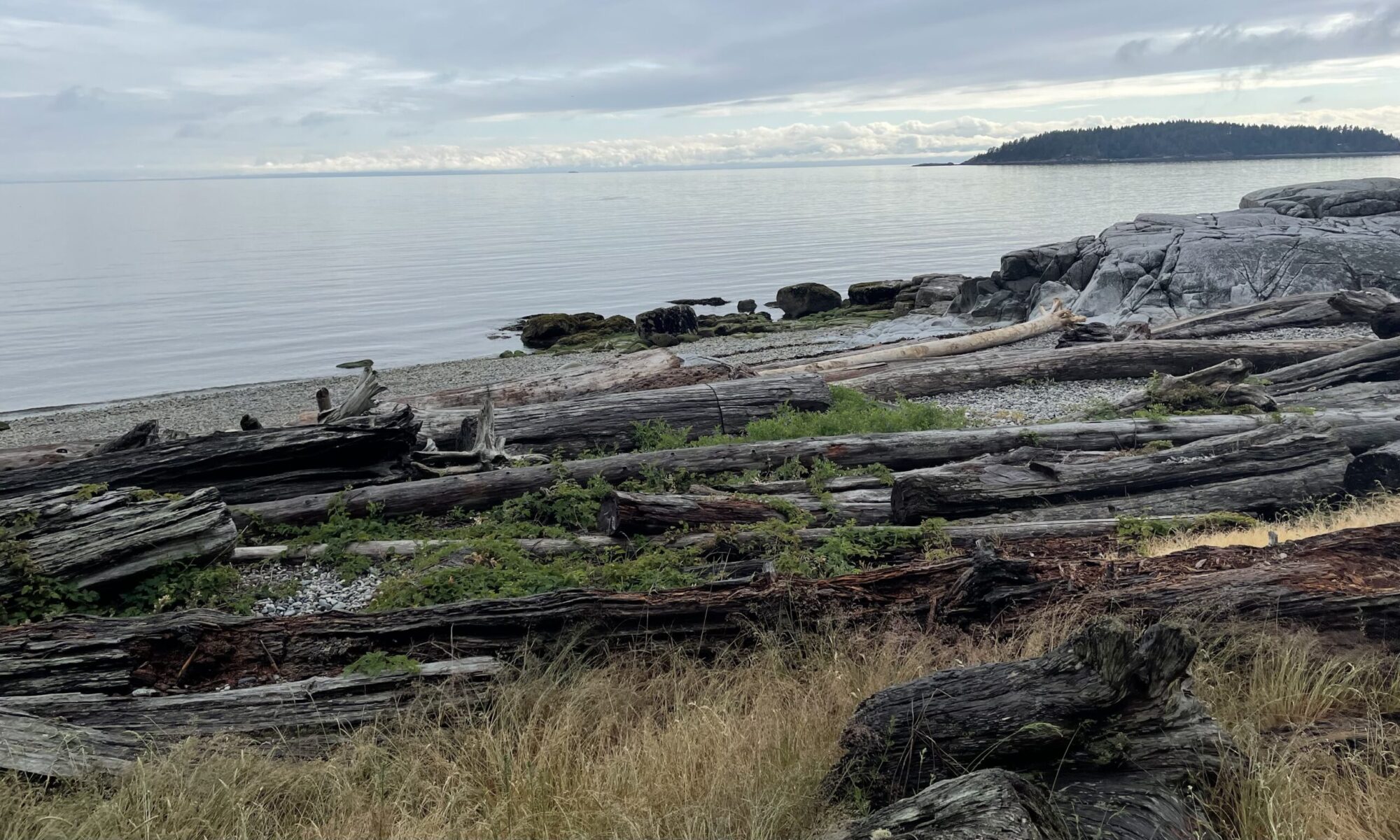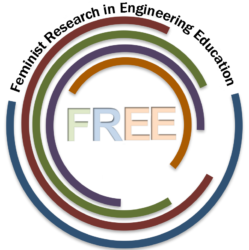I’m heading to the National Women’s Studies Association National Conference later this week to present as part of a panel some of our research from our ADVANCE project. Here’s more information:
Crossing Borders: Strengthening connections between NSF’s ADVANCE Program and Women’s Studies
Friday, November 12, 10:50am – 12:05pm in Plaza Concourse Level, rm Plaza Court 3
Panel abstract
ADVANCE is a NSF-funded program to help improve the recruitment, retention and success of women in scientific, technological, engineering and mathematical (STEM) academic careers. ADVANCE has funded four institutional cohorts through Institutional Transformation grants, involving 48 US institutions. But the largest intervention dedicated to improving the career success and worklife wellbeing of women STEM faculty in the US remains largely undertheorized and unexamined by feminist and gender scholars. Indeed, there are few explicit connections between ADVANCE programs and women’s studies programs. Additionally, while women’s studies scholars have interest in women’s underrepresentation in STEM careers for various reasons, little feminist or gender theory finds its way into ADVANCE-related research or program development. This panel argues that each is “outsider” to the other. We discuss what border-crossing connections there have been at some ADVANCE institutions, and what additional contributions feminist scholarship and methodologies can bring to present and future ADVANCE initiatives.
Panelists
Alice Pawley: Research within ADVANCE-Purdue and the Center for Faculty Success
In the research program for ADVANCE-Purdue, we incorporate feminist methods of participatory action research, institutional ethnography, and critical storytelling in the interrogation of the career experiences of women STEM tenure-track faculty, with a particular focus on the experiences of women of color. In particular, she will discuss both the theoretical grounding of the group’s research in feminist scholarship as well as some of the institutional challenges they have experienced in trying to incorporate intersectionality into our research.
Alice Pawley is an assistant professor in the School of Engineering Education and an affiliate with the women’s studies program at Purdue University. She is the co-PI and Research Director of ADVANCE-Purdue. Contact information: 1325 Armstrong Hall of Engineering, 701 W. Stadium Ave, West Lafayette IN, 47906. Email: [email protected]. Phone: 1-765-496-1209.
Jill Bystydzienski: Collaboration across the Disciplines: ADVANCE at Ohio State University
The ADVANCE IT projects have made possible research and program cooperation among scholars from various disciplines in the physical sciences, the social sciences, humanities, and interdisciplinary fields like Women’s Studies. Based on her experience as co-Principal Investigator on Ohio State’s ADVANCE CEOS (Comprehensive Equity at Ohio State) project, she will discuss how feminist theory and practice have been reflected in the work of the ADVANCE team at OSU, as well as limits posed to such incorporation by multi-disciplinary collaboration.
Jill Bystydzienski is Professor and Chair in the Department of Women’s Studies at Ohio State University and co-PI on OSU’s ADVANCE IT grant. Contact information: 286 University Hall, 230 N. Oval Mall, Columbus, OH 43210. Email: [email protected]. Phone: 614-292-1021.
Sue Rosser: Using Women’s Studies to Facilitate Institutionalization of ADVANCE
Women’s Studies serves as a source for many of the tools needed by ADVANCE initiatives to ground their research, interact with the administrative hierarchy, and foster networks with women faculty, staff and students across campus. Based upon her experience both as a co-PI of an ADVANCE grant and as an external advisory board member to ADVANCE initiatives at nine other institutions, the presenter discusses the importance of having women’s studies faculty involved in the research, internal advisory boards, external advisory boards, and possibly as the final institutional home for ADVANCE because of Women’s Studies’ interdisciplinary connections with programs, departments, Student Affairs, status of women committees, and women across campus.
Sue Rosser is currently the Provost at San Francisco State University, where she is also Professor of Women and Gender Studies and of Sociology. Formerly she was the Dean of the Ivan Allen College of Liberal Arts at Georgia Tech, where she served as co-PI of their ADVANCE grant. Contact information: Provost’s Office, 455 Administration Building, San Francisco State University, 1600 Holloway Ave., San Francisco, CA 94132. Email: [email protected]. Phone: 1-415-338-1141.
Sharon Bird: Translating Feminism and Appreciating Different Gender Strategies: ISU ADVANCE
ISU ADVANCE has succeeded in creating an infrastructure for institutional transformation that cuts horizontally across colleges and vertically across departments, colleges and upper administration. The program brings together faculty leaders of many different disciplinary backgrounds. Based on her work as Co-PI on ISU’s ADVANCE program and as director of the program’s “Collaborative Transformation” project, Bird will discuss some of the many ways in which ISU ADVANCE leaders have relied upon and “translated” feminism in their institutional transformation work. She will also discuss findings from a recent examination of STEM women faculty members’ different “gender strategies” and the importance of valuing these differences.
Sharon Bird is Associate Professor of Sociology and Affiliate faculty in Women’s Studies and African American Studies at Iowa State University. She is co-PI and Research Director on ISU’s ADVANCE IT grant. Contact information: 217B East Hall, Department of Sociology, Iowa State University, Ames, IA 50011-1070. Email: [email protected]. Phone: 515-294-9283.
This panel contributes to the Feminists in Science and Technology Studies (FiSTS) slate of papers, also connected with the Science and Technology Taskforce.
 dissertation work, my career path, and my NSF Graduate Research Fellowship.
dissertation work, my career path, and my NSF Graduate Research Fellowship.
